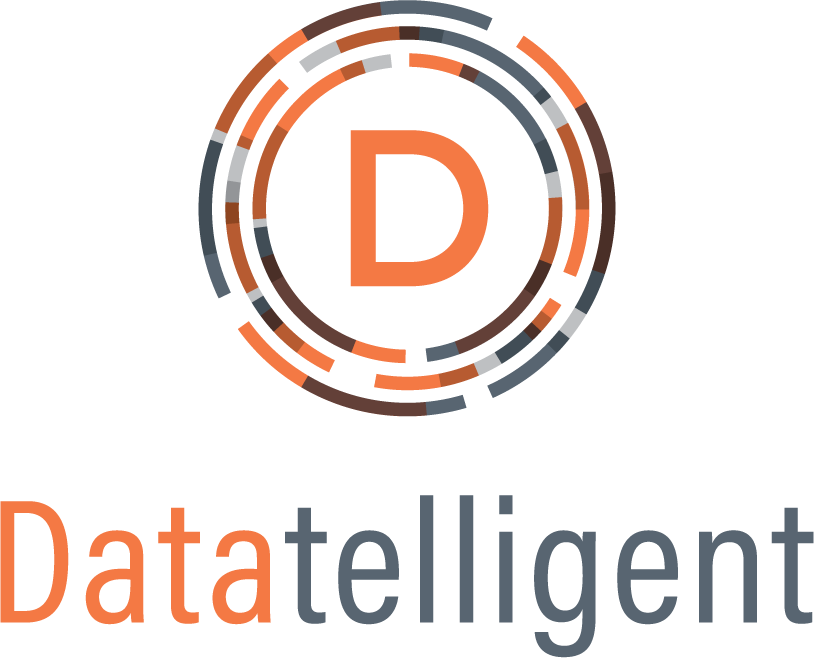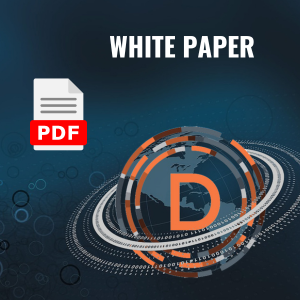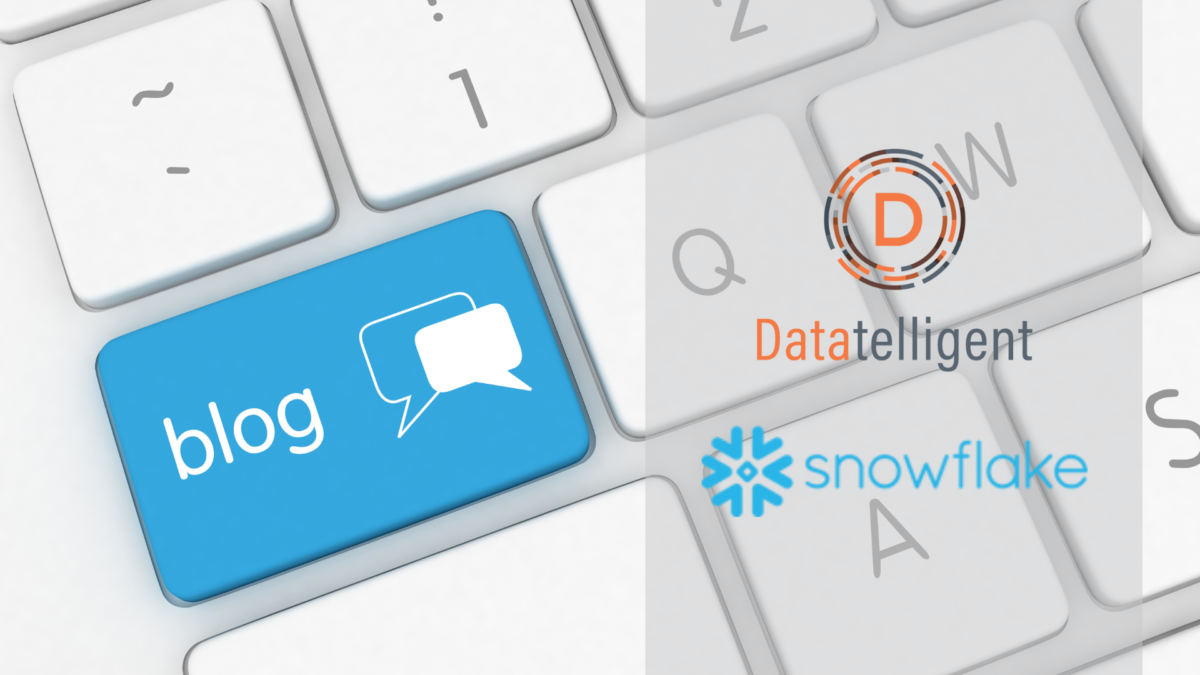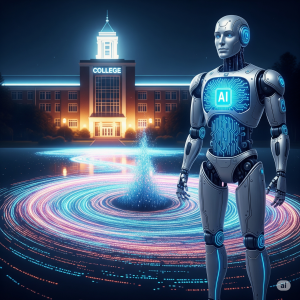INTRODUCTION
After almost a year of weighing the pros and cons of AI at your institution, creating an action plan, and cross-collaborating with your peers from other institutions, your team has finally decided that AI is the future for recruiting, retaining, and ensuring your students’ success. Congratulations! Before answering one of the dozen daily emails in your inbox from AI software and services vendors, you should first take some cautious pre-project steps if you are serious about the success of your future AI project. Here are six AI project prep steps you should take before setting up any meeting with an AI software or service provider:
1 – choose and define your use cases
You probably already have the high-level Future Action Roadmap¹ if you’ve come this far, but you can’t, in project terms, “boil the ocean” with a “big bang” AI project covering everything on the map. No Higher Education institution has that kind of time or money. It’s time to pick one to three high-profile use cases where the need is most urgent. Perhaps it’s all about predicting student behavior and outcomes so you can sooner identify students at risk. Or maybe your school would like to personalize student learning and support services to help increase retention. It is very likely your marketing team has been in touch with you about how AI will help them segment and target prospective students for recruitment and deliver personalized and engaging marketing campaigns that can increase awareness, interest, and conversion rates for enrollment.
In March 2024, Scott Sorenson, Executive Director, Data Privacy & Analytics from the University of Alabama at Birmingham, shared how they built a pilot using Salesforce’s AI-powered Tableau Pulse at the Data Analytics Alliance for Higher Education. They focused on use cases for the Marketing and Advancement Departments. Right away, they involved the participating departments, and the team at Tableau helped them build the business case for approval. The Results: Success. The Advancement team liked it and will include it on their IT roadmap, and the Marketing team loved it and wanted it yesterday. Some lessons learned from the UAB pilot:
- Get the interested teams involved early and define the roles each will play.
- Develop air-tight use cases founded on strong business reasons.
- Even if business reasons are solid, leave plenty of time for executive iterations and approval.
- Developing AI and Data Governance will take twice as long as you think it will.
2 – DON’T DELAY YOUR AI GOVERNANCE AND SECURITY
Lessons learned on the UAB AI pilot segue perfectly into perhaps the most crucial pre-project activity: AI Governance and Security. This should be a strong focus at the beginning of your AI journey, as it is foundational for your institution’s success. Some things to consider:
- Ethical Considerations: All policy decisions should align with ethical principles and the DNA of who you are as an institution. Ensure transparency, fairness, and equity. Institutional leaders (Chancellor/President, Chief Academic Officer, Chief Information Officer) are pivotal in driving ethical AI practices.
- Senior Management: Define roles, responsibilities, and accountability related to AI governance and ensure that senior management oversees AI initiatives.
- Risk Assessment and Iteration: Regularly assess risks associated with AI implementation and adjust policies accordingly.
- Data Security and Privacy: Data handling and privacy protection will help keep your student and staff data safe. Mistakes made with the mishandling of private data can have serious consequences, so It’s imperative to put guidelines and best practices in place for collecting, storing, and processing data used in AI systems.
- Transparency and Accountability: Not surprisingly, AI has the same biases as its human counterparts. Make AI algorithms and decision-making processes transparent with regular reviews, carefully define responsibilities, and hold accountable AI system performance and outcomes.
3 – IT’S ABOUT THE DATA
The legacy systems used by your staff for the past two decades need to be assessed to determine if they are truly ready for AI. Do you have a Unified Data Platform to collect, store, process, analyze, and share your data with data visualization tools? How reliable, relevant, complete, and diverse is your data? Work may need to be done with Data systems before choosing the AI solution. The Data sources you will need will depend heavily on the use case. Here are just some Data systems commonly used for AI:
- Student Information Systems (SIS) – Holding admissions, enrollment, grades, and financial aid information is often critical for Student Success analysis.
- Learning Management Systems (LMS) – Platforms like Canvas, Blackboard, or Moodle will facilitate online learning, course management, and distribution of educational content.
- Human Resource Systems – These systems handle employee data, payroll, benefits administration, and recruitment processes.
- Vendor-based Systems – Specialized software for recruitment, student success, assessment, space management, and more.
- External Data Sources – Registers, databases with scientific information, and other external systems that can support enrollment, recruitment, marketing, and student success decisions.
4 – CHOOSE YOUR AI SOLUTION
These steps are in this order for a reason. Not until the first three steps have been started and the first draft has been completed can you even begin to make an informed decision about AI technology that will bring your use cases to life. The questions to ask:
- What type of AI solution best suits your problem or opportunity? The areas with the biggest impact on securing your institution’s future success are typically Student Success, Enrollment, and Retention. The market is catching up quickly with AI offerings to support these initiatives.
- Do you want to build your own solution from scratch or use an existing solution from a vendor or a partner? The old rule of buy to compete, build to differentiate still applies to AI Projects. Buying off-the-shelf (OTS) AI solutions should be where you start. It is still the lowest-cost entry to AI. Building your own should be for ambitious projects where no other OTS solution exists for an identifiable, mission-critical, market-differentiating AI use case.
5 – DEFINE THE KEY PERFORMANCE INDICATORS (KPI)
At the start of the UAB AI pilot project, after the use cases, governance, data, selected solution, and approvals were in order, Sorenson met with his Marketing and Advancement teams to define what metrics they wanted to see. From there, he determined what data was needed for the metrics. He then asked them what success looked like to them. UAB implemented a pilot, but it’s no different from deploying the actual AI Solution. In fact, it’s more critical.
Defining KPIs will determine how you build the solution. Some common metrics used in higher education include the following:
- Number of student minutes on a website – Does it lead to a greater conversion percentage to enrollment?
- Year over Year (YoY) percentage of resources used by at-risk students – Does it correlate to YoY percentage of Student retention?
Setting these KPIs will guide improvements toward success and ensure the Leadership Team that your investment in AI is seeing the hoped-for impact on enrollment, retention, and student success. What are the key performance indicators (KPIs) you will use to track its progress and results?
6 – AND FINALLY, PLAN YOUR IMPLEMENTATION
Before you even select a vendor to implement, how will you deploy your AI solution in your institution? You’ve determined what data from which systems are needed, but now it’s time to consider how you will integrate and unify your data into a usable format for AI Analytic consumption.
Keep in mind, just because the letters A and I are in front of your project, it is still an IT project, and the best practices for this haven’t changed much in the past couple of decades. Bring all the lessons learned at your institution, your institution’s developed best practices, and industry PMO Best Practices² to this project, as you would any project.
RESOURCES:
CITATIONS:
1. Jenay Robert and Nicole Muscanell, 2023 Horizon Action Plan: Generative AI (Boulder, CO: EDUCAUSE, 2023) 2023 EDUCAUSE Horizon Action Plan: Generative AI
2. Abudi, G. (2011). Developing a project management best practice. Paper presented at PMI® Global Congress 2011—North America, Dallas, TX. Newtown Square, PA: Project Management Institute. https://www.pmi.org/learning/library/project-management-best-practice-organization-6167










